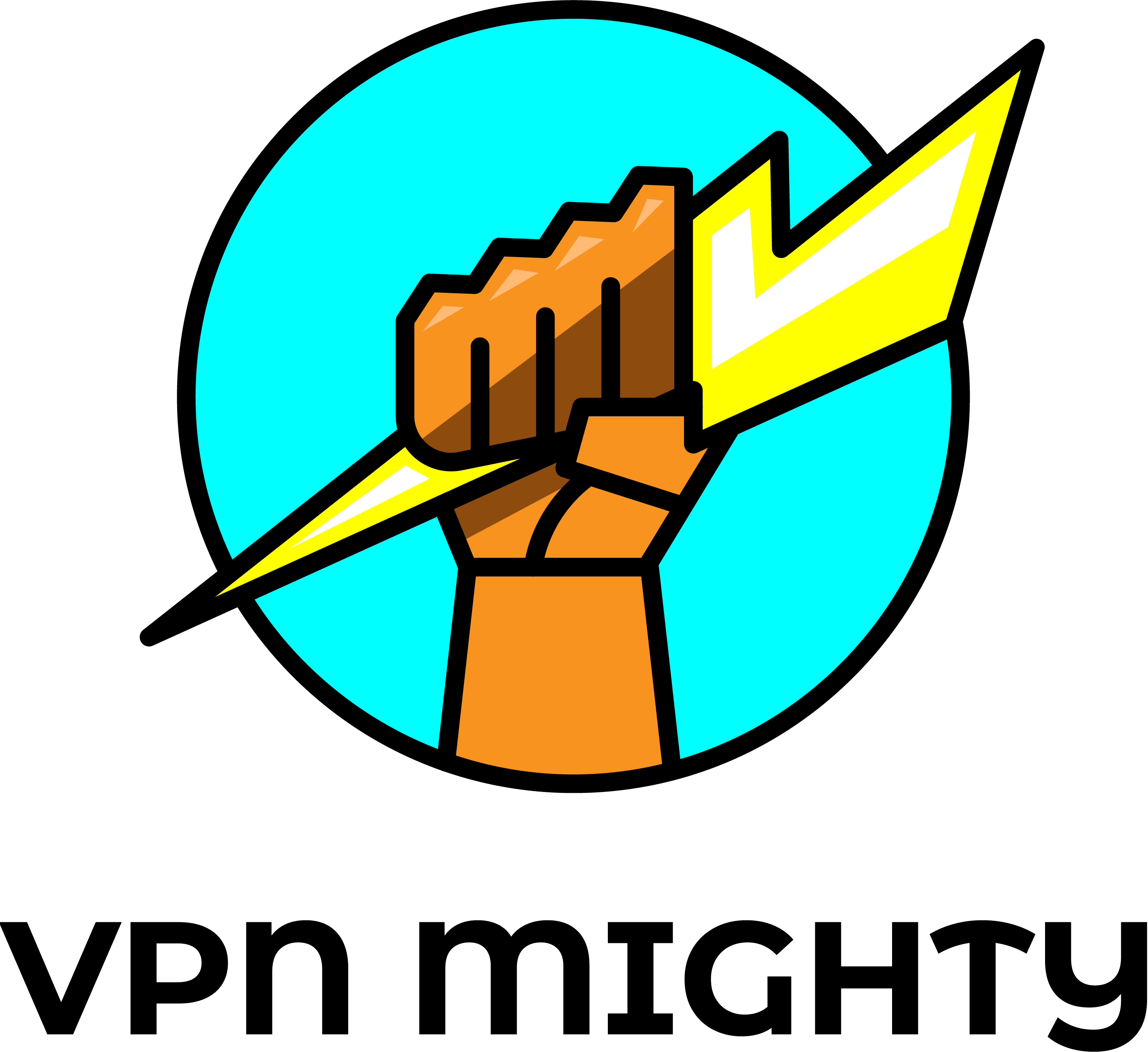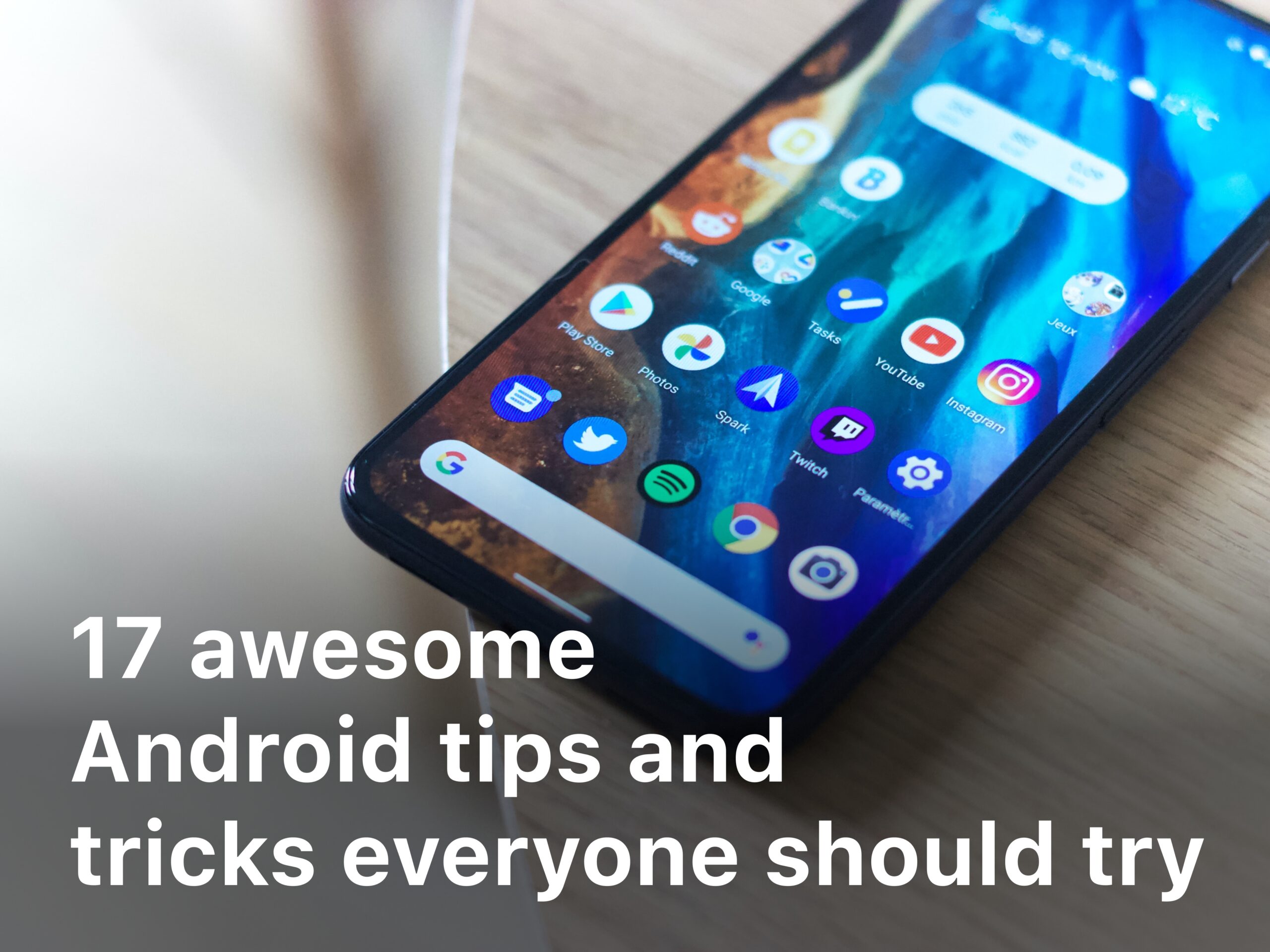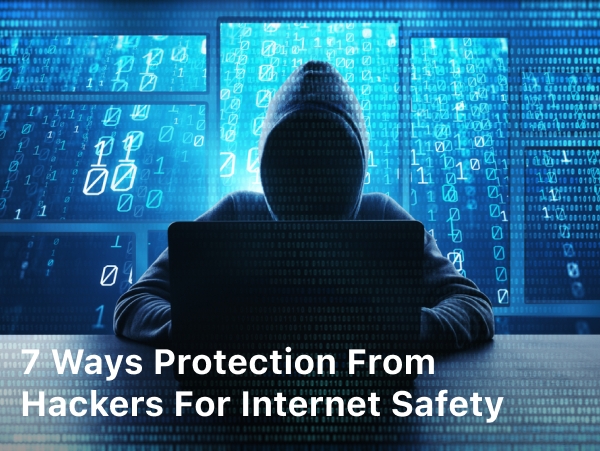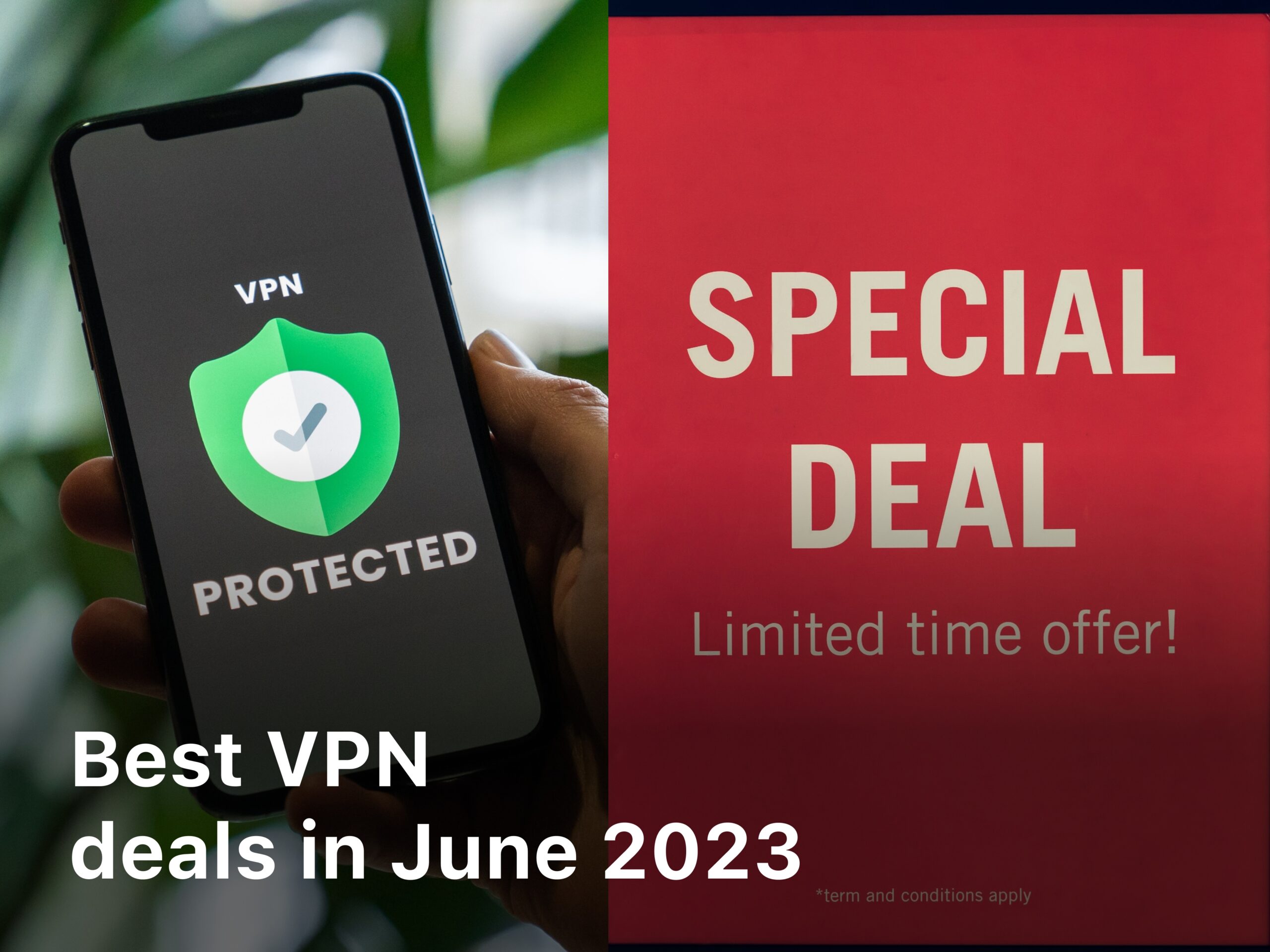So you want to download some torrents but aren’t sure how to do it safely? Using a VPN for torrenting is essential to hide your online activity and protect your privacy. Without a VPN, your internet service provider can see every single torrent you download and may throttle your bandwidth or even report you for copyright infringement. A VPN masks your real IP address and encrypts all the data you send and receive, hiding your torrenting from prying eyes.
With the right VPN, torrenting can be safe and secure. In this article we’ll walk you through how to choose a VPN for torrenting, how to configure it, tips to maximize your security and some of the top VPNs for hassle-free torrenting. By the end of this, you’ll be downloading torrents with confidence knowing your privacy and security are locked down tight. The days of getting threatening copyright notices will be over. Ready to torrent freely and fearlessly? Let’s dive in!
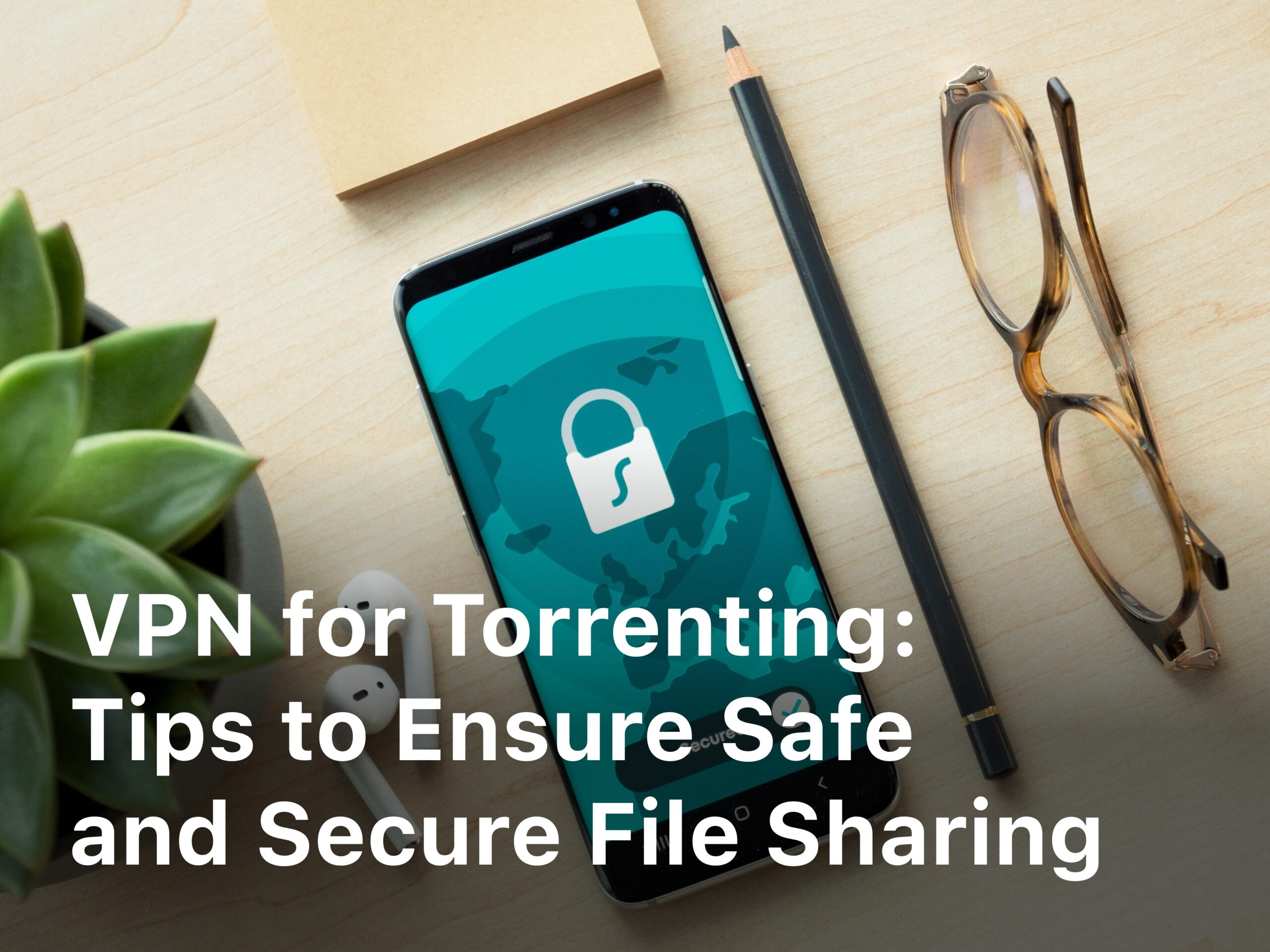
Why You Need a VPN for Torrenting
If you enjoy torrenting, a VPN is essential for safeguarding your privacy and security. Here are a few reasons why:
- Your internet service provider can see your torrenting activity. Without a VPN, your ISP knows exactly what files you’re downloading and uploading. A VPN hides your torrenting from your ISP by encrypting all your internet traffic.
- Copyright trolls monitor torrent swarms. These companies scout popular torrents and record the IP addresses of everyone in the swarm. They then threaten legal action against the torrenters in hopes of obtaining settlements. A VPN shields your real IP address to avoid being targeted.
- Governments conduct mass surveillance. Some governments monitor torrent swarms and record torrenters’ IP addresses. They can then restrict certain torrent sites and file types. A VPN allows you to bypass these restrictions and censorship so you can access any torrent site or download any file.
- Hackers can see your IP address. While torrenting, your IP address is visible to everyone in the torrent swarm. This exposes you to potential hacking and cyber threats. A VPN gives you an anonymous IP address to hide your true identity and location.
- ISP traffic shaping slows your speeds. Many ISPs use traffic shaping to throttle torrent speeds. A VPN hides your torrenting activity from your ISP so they can’t slow down or restrict your torrent download and upload speeds.
Using a VPN for torrenting provides an extra layer of protection and security so you can share files worry-free. For safe, anonymous torrenting, a VPN is a must-have tool in any torrenter’s arsenal.
Related Article : Why You Need a VPN, choose a VPN
How a VPN Protects You When Torrenting
Using a VPN for torrenting helps ensure your online privacy and security. Here’s how it protects you:
A VPN masks your real IP address, hiding your online activity and location. Your internet service provider and torrent trackers will only see the IP address of the VPN server. This prevents them from seeing what files you’re downloading or uploading.
It also encrypts all the data going between your device and the VPN server. This means nobody can see what you’re torrenting or steal your personal information. Your ISP, hackers, and third parties are locked out.
With a VPN, you’ll appear to originate from the location of the VPN server. So if the server is in the US but you’re in Europe, it’ll seem like the torrenting is coming from America. This adds an extra layer of obfuscation to hide your real geographical location.
The right VPN will have a strict no-logging policy and accept anonymous payment methods like Bitcoin to maximize your privacy. Free VPNs often log activity and sell data to third parties, so avoid them.
Using a reputable paid VPN, securing your internet connection, and being cautious about what files you download will help ensure safe and private torrenting. Take these steps and torrent with confidence, knowing your online activity and information are protected.
Top VPNs for Torrenting
ExpressVPN
ExpressVPN is one of the best VPNs for torrenting. It has over 3,000 servers in 94 countries, so you’ll have no trouble finding a server to mask your location. ExpressVPN does not log any traffic or browsing data, so your torrenting activity will remain private. It offers apps for Windows, Mac, Android, iOS and Linux, as well as browser extensions, and it allows torrenting on all servers.
NordVPN
NordVPN is another highly rated VPN that’s great for torrenting. It has over 5,000 servers worldwide that you can connect to, it operates a strict no-logs policy, and it works with all major torrent clients like uTorrent, qBittorrent, and Deluge. NordVPN also offers dedicated P2P servers that are optimized specifically for torrenting. Apps and browser extensions are available for all major platforms.
CyberGhost
CyberGhost is a popular VPN that’s suitable for anonymous torrenting. It has over 6,000 servers in 90 countries, strong encryption, a no-logging policy, and dedicated P2P servers. CyberGhost works with all major torrent clients and operating systems including Windows, Mac, Android, and iOS. It’s also one of the most affordable premium VPNs if you pay annually.
Additional Tips
Here are a few other tips to keep in mind when torrenting:
• Enable the VPN kill switch which will cut off your internet access if the VPN connection drops. This prevents your IP from being exposed.
• Bind your torrent client to the VPN network interface. This forces all torrent traffic through the VPN tunnel.
• Choose a VPN with port forwarding or NAT firewall to allow incoming connections from other peers. This can improve download speeds.
• Consider using a proxy service in addition to a VPN for added anonymity. A proxy routes your traffic through an intermediary server before it reaches the VPN.
• Be cautious of what files you download since some torrents contain malware. Only download torrents from trusted uploaders and check reviews when possible.
• Use a strong, unique password for your VPN account to prevent unauthorized access. Two-factor authentication is even better if available.
Using a VPN is the best way to stay safe and secure when torrenting. Follow these tips and choose a reputable VPN service, and you’ll be well on your way to private and anonymous file sharing.
Free VPNs vs Paid VPNs: Which Is Better for Torrenting?
When it comes to torrenting, using a VPN is essential for privacy and security. But should you use a free VPN or pay for a premium service? There are pros and cons to both options.
Free VPNs
Free VPN services are appealing because, well, they’re free. They can allow you to access geo-restricted content and provide a basic level of privacy. However, free VPNs often:
- Have limited server locations. This can slow down your connection speed.
- Impose data caps. Most free VPNs limit how much data you can use each month. This won’t work if you torrent frequently.
- Have weak security. Free VPNs may not encrypt your data or protect your privacy as well as paid services.
- Sell your data. Many free VPNs make money by collecting and selling your personal information and browsing data.
Paid VPNs
Paid VPN services provide stronger security, faster speeds, and more reliable connections for torrenting. While you have to pay a subscription fee, premium VPNs:
- Offer unlimited bandwidth and data. You can torrent as much as you want without worrying about caps.
- Have large networks of high-speed servers. More server locations mean faster speeds and the ability to access geo-blocked content around the world.
- Use strong encryption. Top paid VPNs like ExpressVPN and NordVPN use advanced security protocols to fully encrypt your internet traffic.
- Have strict no-logging policies. Reputable paid VPN services do not track or store your online activity and personal details.
- Provide 24/7 customer support. If you have any issues with the VPN service, you can contact their support team anytime for help.
Overall, while free VPNs can work in a pinch, paid VPN services are superior for regular torrenting and streaming. Their faster speeds, unlimited bandwidth, strict security, and privacy policies are worth the investment. If cost is a concern, you can often find discounted deals and coupons to lower the monthly subscription fees of premium VPNs.
VPN Protocol: Choose Wisely for Torrenting
When torrenting, your choice of VPN protocol is important for maintaining privacy and security. Some protocols are better suited for P2P file sharing than others.
OpenVPN
OpenVPN is a popular open-source protocol that’s great for torrenting. It uses strong 256-bit encryption to hide your online activity and IP address. OpenVPN also has a larger range of ports to choose from, making it harder to block. The downside is OpenVPN can reduce your download speeds slightly.
WireGuard
WireGuard is a newer, faster protocol that provides strong security. It uses state-of-the-art cryptography to encrypt your data and hide your IP address. WireGuard also has less impact on download speeds compared to OpenVPN. However, WireGuard has limited platform support and fewer configuration options. Some VPNs don’t offer WireGuard yet.
L2TP/IPSec
Avoid the L2TP/IPSec protocol for torrenting. Although it does provide encryption, it doesn’t effectively hide your IP address and online traffic. L2TP/IPSec is also very easy to block, so you likely won’t be able to access torrent sites or P2P networks. For the best security and fastest speeds, choose OpenVPN or WireGuard instead.
PPTP
PPTP is an outdated protocol that’s not recommended for torrenting. It uses weak 128-bit encryption that’s easy to crack, and it does nothing to hide your IP address or torrenting activity. PPTP is also the easiest protocol for third parties to block. For safe and anonymous file sharing, you’ll want to avoid PPTP.
Choosing the right VPN protocol is essential for safe, secure, and private torrenting. Opt for OpenVPN or WireGuard whenever possible, and avoid less secure options like L2TP/IPSec and PPTP. With the proper protocol and VPN service in place, you can share files worry-free.
VPN Server Location: How It Affects Your Torrenting Experience
Location Matters
When choosing a VPN for torrenting, the location of the VPN server plays an important role in your downloading experience. The further away the server is from you geographically, the higher your ping (latency) will be. A high ping means slower download and upload speeds, buffering, and a laggy torrenting experience overall.
For the fastest speeds, choose a VPN server located in the same country or general region as you. If you’re in the U.S., connect to a server on the East or West Coast. Europeans should stick to servers in Western Europe. Asians will want to pick a location in East or Southeast Asia. You get the idea.
Some VPNs also offer servers specifically optimized for P2P file sharing and torrenting. These are usually located in torrent-friendly countries with more relaxed copyright laws. Examples include Panama, Romania, and the Netherlands. Connecting to a P2P-optimized server may provide faster download speeds, but do so at your own risk.
Avoid Restricted Locations
Some countries have strict anti-piracy laws and actively monitor torrent traffic. VPN servers in these locations may keep logs, monitor your activity, and report you for copyright violations. It’s best to avoid connecting to servers in the U.S., U.K., Australia, Japan, and other nations with a history of cooperating with copyright holders seeking legal action against pirates and torrenters.
Instead, stick to VPN providers that operate in privacy-friendly jurisdictions with strong consumer protections and a hands-off approach to piracy enforcement. Some recommended locations include Switzerland, Iceland, Panama, and Romania. These countries are less likely to share your personal information or monitor your online behavior.
By choosing a nearby VPN server in a torrent-friendly location, you can maximize your download speeds while minimizing risks. Follow these tips and you’ll be on your way to fast, anonymous torrenting. Happy (and safe) downloading!
VPN Bandwidth and Speed: Factors to Consider for Torrenting
When torrenting, your VPN’s bandwidth and speed are crucial factors to consider. The more bandwidth, the faster your connection and download/upload speeds will be. For the best torrenting experience, look for a VPN that offers unlimited bandwidth and fast speeds.
Bandwidth
Bandwidth refers to the maximum amount of data that can be transferred over your internet connection in a given time period. The more bandwidth a VPN provides, the faster your torrent downloads and uploads will be. Unlimited bandwidth means no data caps or speed throttling. This allows you to torrent as much as you want without worrying about going over a limit or your speeds being slowed down.
Speed
A fast VPN connection is essential for quickly downloading torrent files. Look for a VPN that offers high speed options like gigabit speeds (1000+ Mbps) or 10 gigabit speeds (10,000+ Mbps) for the fastest performance. Speeds will also depend on your base internet plan and connecting to VPN servers that are geographically close to you. The closer the server, the faster your connection will typically be.
Some other things that can affect your VPN’s bandwidth and speed for torrenting include:
- The VPN protocol used: OpenVPN and WireGuard typically offer the fastest speeds.
- Server load: Connecting to a VPN server with fewer active users will provide faster speeds.
- Time of day: Evening and night hours often see the highest server loads and slowest speeds. Connecting during off-peak hours may yield quicker speeds.
- Device used: Wired connections are usually faster than Wi-Fi. Ethernet adapters can boost speed for some devices.
- Torrent traffic: The more seeders and leechers for a torrent, the higher the demand on bandwidth which can impact speed.
Choosing a VPN with unlimited bandwidth, fast connection speeds, and considering the other factors that affect performance will help ensure you have a smooth and speedy torrenting experience. The faster the VPN, the quicker you can download files and the more you can torrent without interruptions or lags.
VPN Encryption: The Stronger the Better for Torrenting
When it comes to torrenting, encryption is critical to keeping your online activity private and secure. The stronger the encryption, the better. Look for a VPN that offers AES 256-bit encryption, considered the industry standard.
AES 256-bit encryption
AES 256-bit is currently one of the strongest forms of encryption used in VPNs. It uses a 256-bit key to encrypt your data, making it extremely difficult for anyone to decrypt and read your traffic. With this level of encryption, your ISP or hackers won’t be able to see what files you’re downloading or uploading via torrent.
Additional security features
In addition to strong encryption, other features can help enhance your security and anonymity. Options like a kill switch, DNS leak protection, and a no-logging policy are important for torrenting.
- A kill switch will cut off your internet access if your VPN connection drops to avoid your real IP address from being exposed.
- DNS leak protection prevents your DNS requests from bypassing the VPN, hiding your browsing data and activity.
- A strict no-logging policy means the VPN does not store any records of your online traffic and behavior. Look for a VPN that does not log any personally identifiable information or your IP address.
Final tips
For the most secure torrenting, stick to VPNs that accept anonymous payment methods like Bitcoin. This makes it much harder to trace payment info back to you. It’s also wise to connect to a VPN server in a location where copyright enforcement is more lax, like the Netherlands or Romania.
While no VPN is 100% foolproof, choosing a service with the strongest encryption, a proven no-logging policy, and built-in security features will provide you the best protection for all your torrenting needs. Take control of your online privacy and security today with a VPN designed for torrenting.
FAQs About Using VPN for Torrenting

So you’ve decided to use a VPN for torrenting. That’s a smart move to help ensure your privacy and security. But you probably still have some questions about how it all works. Here are some of the most frequently asked questions about using a VPN for torrenting.
Do I need a VPN just for torrenting?
Not necessarily. A VPN can be useful for all of your internet activity, not just torrenting. It helps hide your online identity and location, encrypting all of the data you send and receive to provide an extra layer of privacy protection. So if you value your digital security and anonymity in general, a VPN is a good service to have.
Does a VPN make torrenting completely anonymous?
No VPN can provide 100% anonymity. While a VPN does mask your real IP address and location, your torrenting activity can still potentially be traced back to you through other means. However, a VPN does make you much more difficult to identify and track. When combined with other precautions like not torrenting illegal or unethical content, a VPN can help provide a good level of anonymity for casual torrenting.
Will a free VPN work for torrenting?
Free VPN services often come with downsides like slower speeds, data caps, and less robust privacy features. They may also sell your data or browsing history to third parties. For torrenting, a paid VPN is highly recommended. Paid VPNs offer faster speeds, unlimited data, stronger encryption, and a strict no-logging policy to best protect your privacy. The small investment in a paid VPN is worth the added security and performance benefits.
How can I test if my VPN is working for torrenting?
The best way to test your VPN for torrenting is to check your IP address and DNS leaks. Visit a site like IPLeak.net or DNSLeakTest.com. Make sure the IP address and location shown match the VPN server you have connected to. If your real IP address or location are displayed, you have an IP or DNS leak that needs to be fixed before torrenting. You should also check that your torrenting client is properly configured to use the VPN. Some clients require additional setup to work with a VPN.
How can I improve my VPN security for torrenting?
Some tips to enhance your VPN security for torrenting:
• Choose a VPN with a strict no-logging policy and strong encryption like AES 256-bit.
• Enable the kill switch feature which cuts off internet access if the VPN drops, preventing IP leaks.
• Bind your torrenting client to the VPN network interface so all traffic goes through the VPN.
• Consider using a dedicated VPN router for all your devices. This provides an extra layer of protection at the network level.
• Use a reputable paid VPN provider, not
Conclusion
So there you have it, a few simple tips to keep in mind to torrent safely. A VPN is the most important tool to have in your arsenal, so do your research and invest in a reputable service. Once you have it set up, you’ll have peace of mind knowing your online activity and downloads are secure and anonymous. Beyond the VPN, be smart about what files you download, stick to trusted uploaders, and avoid any suspicious links or software. While torrenting does come with risks if you’re not careful, by following these best practices you can enjoy sharing files freely without worrying about consequences. Stay safe out there and happy torrenting!
